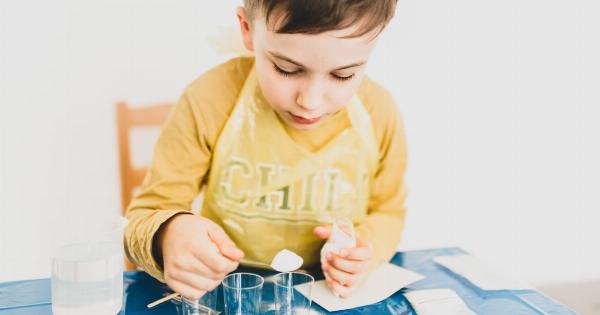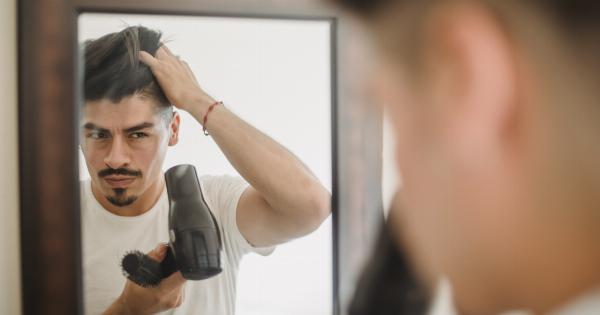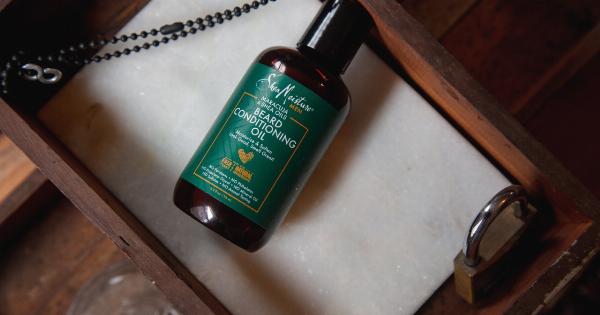Have you ever noticed that your hair looks and feels dry and brittle, even after using multiple hair products? While we tend to blame our haircare routine for such issues, our hair can be indicative of our overall health.
Dry and damaged hair can be an early indication of health problems that need to be addressed. Let’s dive into what your dry hair may be saying about your health.
Thyroid Dysfunction
The thyroid gland is responsible for producing and regulating hormones that control metabolism, growth, and development in the body.
When the thyroid gland doesn’t function properly, it may become overactive (hyperthyroidism) or underactive (hypothyroidism). Hypothyroidism, or an underactive thyroid, can lead to dry and brittle hair. The decrease in thyroid hormones reduces the amount of oil produced by the scalp, leading to dryness and breakage.
Iron Deficiency Anemia
Iron plays a crucial role in the production of hemoglobin which is responsible for the production of oxygen-carrying red blood cells.
Iron-deficiency anemia is caused due to a lack of iron in the body, leading to a reduction in available oxygen for cells and tissues. This is the reason anemia can cause dry, brittle hair. The hair follicles, in particular, are affected and may be damaged due to lower oxygen levels in the blood.
Additionally, if you notice easy bruising, fatigue or paleness, it may be a sign of iron-deficiency anemia, and it is important to consult a doctor.
Dehydration
Staying hydrated is crucial for overall body function, specifically for our hair and skin. Water makes up a large portion of hair follicles, so a lack of hydration can easily lead to dry and brittle hair.
Moreover, dehydration can lead to decreased blood circulation to the scalp, which can cause hair follicles to become weakened, leading to hair loss. So, if you’re consuming less water and your hair feels dry, it’s time to go to the water bottle and make sure you stay hydrated.
Vitamin Deficiencies
Healthy hair needs a proper balance of vitamins and minerals to function correctly. A deficiency in vitamins such as vitamin C, E and B can lead to hair breakage and damage.
Vitamin C promotes hair growth by helping our bodies produce collagen, a protein crucial for healthy and strong hair. Vitamin B is responsible for carrying oxygen and essential nutrients to the hair follicles.
So, if you’re facing hair breakage or notice that your hair isn’t growing as quickly as before, try incorporating fruits, veggies, or supplements to replenish the vitamins you may be deficient in.
Over Styling and Heat Damage
Often, overusing styling products and heating tools like curling irons or hair straighteners can lead to damaged hair. Over styling and heat damage cause cuticle damage and leads to dry, brittle hair, split ends, and loss of hair elasticity.
Excessive use of hair products like scalp sprays, gels or mousses may damage your hair even more and can cause hair thinning in the long run. It is essential to take breaks from styling and heat and focus on restoring nutrients and oils to prevent further hair damage.
Try opting for a natural or organic hair-care routine and avoid using heating tools frequently to give your hair a chance to recover.
Stress
Stress can lead to a variety of negative health consequences throughout your body, including hair health. Extreme emotional or physical stress may cause hair follicles to enter the resting phase and slow down hair growth.
The stress hormone cortisol, which is released into your body during stressful times, disrupts hormones and causes a lack of blood flow to the scalp region, which can lead to weaker hair follicles and ultimately hair loss.
Thrush
Thrush is a fungal infection characterized by white patches that form in the mouth or throat. Oral thrush also results in hair coating due to fungi. It is a known symptom of this infection and may lead to scalp inflammation, dandruff, and hair loss.
If you’re experiencing other symptoms such as a white tongue or difficulty swallowing, consult with your doctor since it may be a sign of thrush.
Dandruff
Dandruff refers to the white flakes that appear on the scalp or hair. It is often caused due to extreme dryness of the scalp or itchy, irritated skin.
Dry and flaky scalp is often considered to be the main reason for dandruff, and it causes dead skin cells to accumulate, leading to flakes. Not only does dandruff irritate the scalp, but it also makes the hair look unhealthy and lifeless. Consider using dandruff shampoos and products designed to moisturize the scalp to manage dandruff and increase hair health.
Medications
Some medications affect our hair health and cause dry and brittle hair. Many common medications used to manage depression, high blood pressure, and inflammation may attribute to hair loss, thinning, or damage.
For example, Retinoids, which are used for acne treatment, may make your hair dry and brittle. Consulting with a doctor or a healthcare professional before starting any medication is always helpful to understand the medications and their potential side effects, including hair health.
Conclusion
Your hair is one of the most noticeable parts of your body, and it can reveal much about your overall health. If your hair looks and feels dry, thin, or brittle, it is a sign that there may be an underlying health issue that needs to be addressed.
While some of these issues are easily treatable at home, others may require a diagnosis from a healthcare authority. By prioritizing your hair health and taking an overall view of your health, making changes that positively impact your hair can lead to a healthier you!.






























